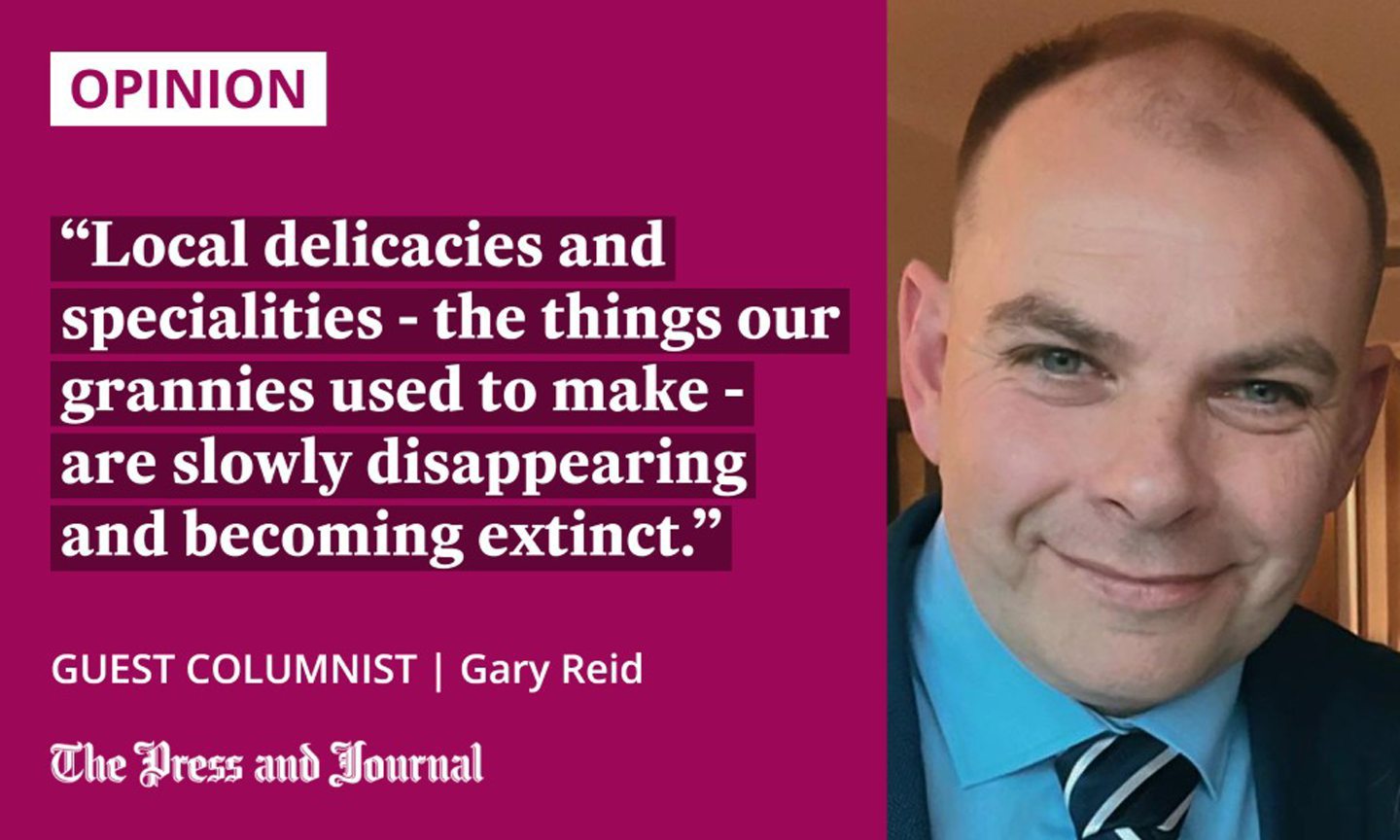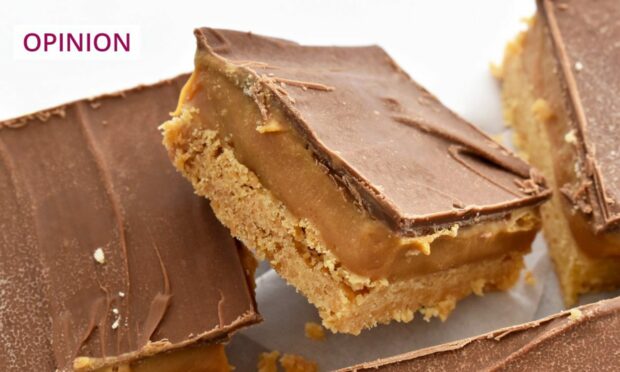Recently, I was asked to feature in a national campaign, giving my advice to other food and drink employers on how to hold onto their workforce.
It made me think about all the challenges of running a business that makes what could be described as Scotland’s traditional, everyday products.
The rising cost of household bills has put food prices into the spotlight. But these increases in cost are a very recent phenomenon.
My dad, Donnie, launched the Reids of Caithness bakery in 1966, into a very different reality. At that time, the proportion of spending on food was double what it is now (33% versus 16% of household income).
Over the decades, feeding ourselves has become cheaper and cheaper, but at what cost?
Current consumer behaviour and attitudes are making it increasingly hard to squeeze a profit from our type of food production. Which, in turn, makes it harder for an industry to afford a decent wage for their workforce. Which, in turn, makes it harder to attract and hang onto the talent we need to keep our national products on the shelves.

Yes, modern economics is killing the traditional high street baker, butcher and, quite possibly, the candlestick maker, too. Looking up Thurso High Street on a weekday afternoon, I can see maybe 10 people. I can’t blame anyone for going to the discount retail supermarkets, but that is why the high street is dying.
The thing is, I don’t think we will realise all this properly until it is gone; until there are no more freshly-baked packs of handmade shortbread or rows of apple turnover pastries on the counter, and they are all replaced by generic derivatives produced in plant bakeries, often stuffed with shelf-life extending additives.
We are sleepwalking into losing some of our most unique and valued foodstuffs, the products that make us different here in Scotland. Local delicacies and specialities – the things our grannies used to make – are slowly disappearing and becoming extinct.
We are used to cheap food; we demand cheap food. How did it come about that a bottle of water can cost more than a pint of milk? Why do we baulk at paying more than £1 for half a dozen eggs? We no longer seem to value quality products and the care that goes into their production.
We don’t value Scottish food products because they are familiar
Let me give you an example. Who remembers millionaire’s shortbread? That delicious shortbread base with oozing caramel layer, topped with the snap of milk chocolate.
A gentleman stopped me in a local bar to remonstrate that he’d seen a four-pack of these delights in one of our shops, priced at £1.75. He was irate, and he told me so. Then he continued on to the bar to settle the £40 bill for his round of drinks.
Our perception of what something is worth is skewed. We think nothing of spending outrageous amounts on clothing because it has a particularly desirable label, but don’t value our national food products because they are familiar.
Well, they have a label, too. The label says “Scottish”, and we should all be proud of that.
Food and drink industry is struggling to hang to good staff
At Reids of Caithness, we use quality local ingredients and employ around 50 local people. We truly believe that we have a responsibility to make sure our team is as well trained as possible. It helps them to develop their skills, and helps our bakery to produce and maintain our award-winning products to the highest standard every day.
This is what helped us win the Scottish Wholesale Baker of the Year title earlier this month, and why we get involved in industry initiatives like the Feeding Workforce Skills campaign.
Because we can’t offer the wages here that the nuclear industry does, or the distillers do, we struggle to attract people and hang onto them
I also find that the team has more knowledge and understanding about things like problem-solving, waste management, yield, and productivity rate.
But, because we can’t offer the wages here that the nuclear industry does, or the distillers do, we struggle to attract people and hang onto them.
This week, choose your favourite food business on your local high street, visit them, and buy one thing you enjoy. Eat Scottish and be proud of it.
Gary Reid runs Reids of Caithness bakery with his family


Conversation